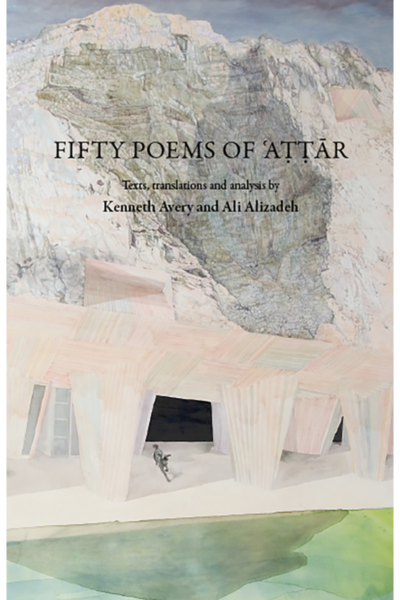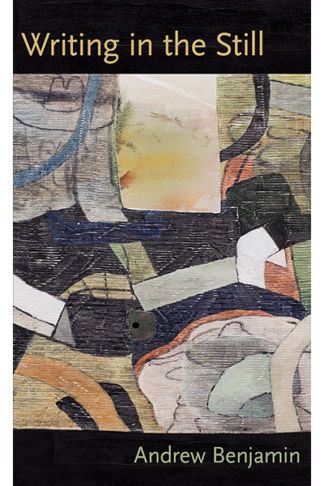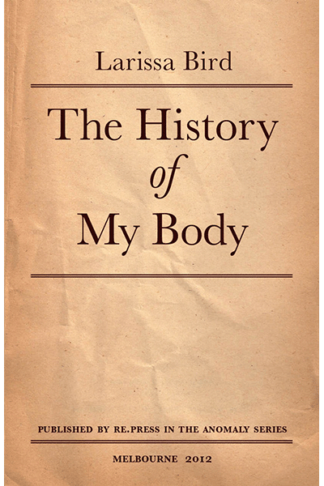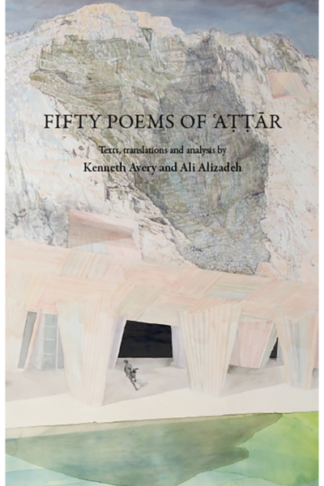Fifty Poems of Attar
$27.95
Farid al-Din Attar
Ali Alizadeh & Kenneth Avery (eds. & trans.)
The great 13th century Sufi poet Farid al-Din Attar is renowned as an author of superb short lyrics written in the Persian language. Dealing with themes of love, passion and mysticism, the versions presented in this book are the first sustained offerings of Attar’s lyric poetry in English. Award-winning Iranian-born poet, Ali Alizadeh, and Persian specialist, Kenneth Avery, have collaborated on this project which aims to bring this remarkably vigorous yet subtle poetry to an English reading audience. The translations are accompanied by the Persian texts themselves, and explanatory notes, and are set in the context of his life and times by an illuminating introductory chapter. An original analysis of Attar’s poetic language and thought is also offered.




